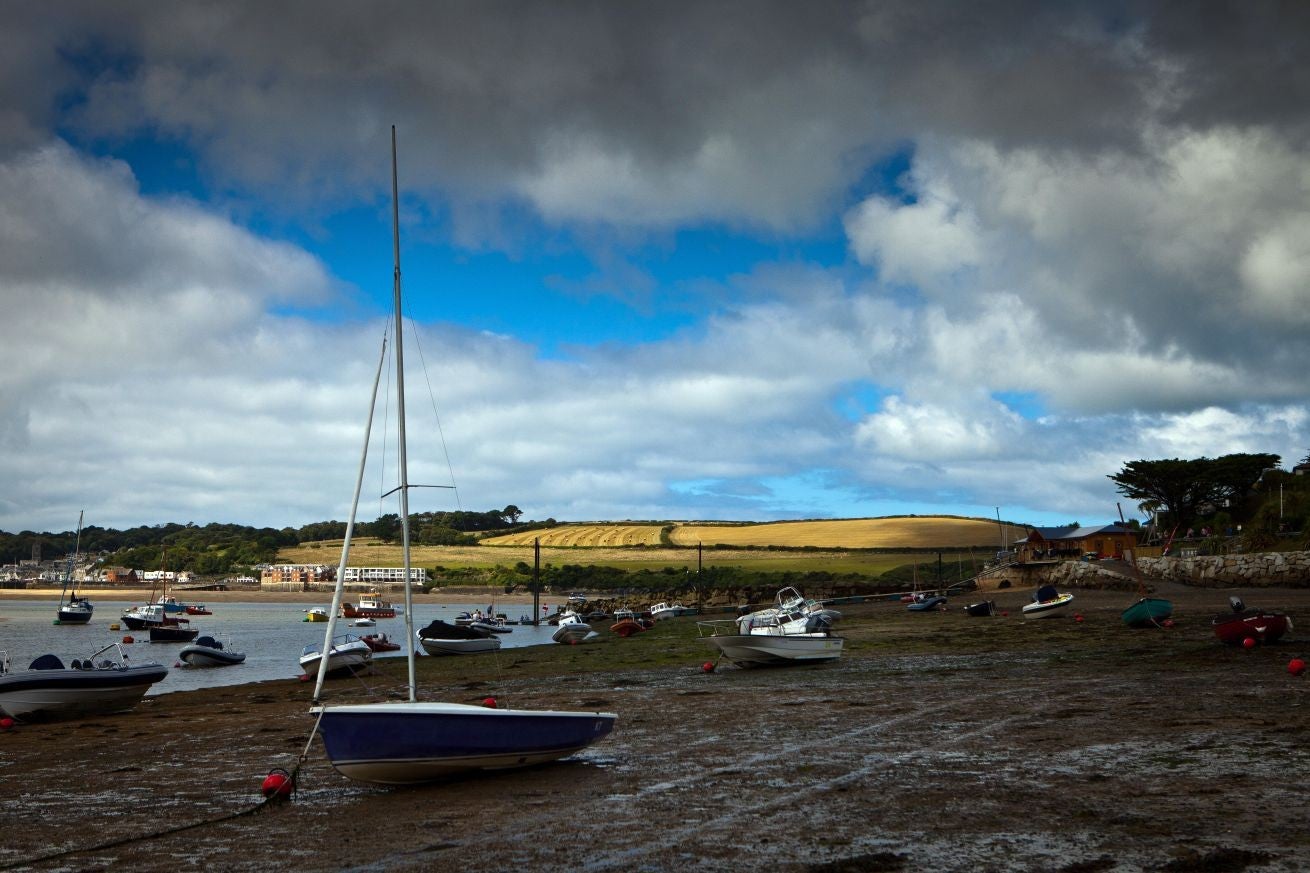How Brexit will cost us in holidays
Vote to leave the EU, says one bank, and Britons will have to dig deep for foreign holidays as the pound plummets

For thousands of families across the country, it could be Cornwall rather than Brittany or Majorca for the summer holidays this year if the campaigners to pull Britain out of the European Union have their way.
You won’t hear this from Nigel Farage or any of the fervent “out” lobby, but a surprise vote to leave the EU could hit sterling by as much as 20 per cent, according to estimates by investment bank Goldman Sachs.
The worst-case scenario from the bank has the pound sliding as low as $1.15 against the dollar and €1.05 against the euro in the event of a “no” vote, as the influx of foreign cash needed to fund the UK’s persistent current account deficit comes to an abrupt halt. That would hit holidaymakers abroad and drivers as petrol prices rise.
Last year was a gilded one for UK households as falling inflation – thanks to oil and food prices dropping – delivered real-terms pay rises. The European Central Bank’s money-printing efforts, meanwhile, pushed the pound to a seven year high against the euro of €1.44, as Bank of England Governor Mark Carney hinted at an interest rate increase at the “turn of the year”.
But the turn of the year has come and gone with no sign of a rise. And with the ECB not willing to speed up the printing presses as quickly as previously thought, those European breaks aren’t looking as cheap as they were.
For those planning a mini-weekend in New York, the Federal Reserve’s December rate rise has ensured a far more costly trip. Mr Carney’s Mansion House speech in June 2014 – another hint on rate rises that were not delivered – pushed the pound as high as $1.72. But mounting signs of Fed tightening in the run-up to December’s decision eroded those gains.
All currency forecasts are uncertain – and Goldman Sachs is, after all, the bank that once predicted $200-a-barrel oil. But what if its gloomy Brexit forecast comes to pass? In sterling terms, a $404 room at New York’s luxury Algonquin hotel – which now costs £275 – would shoot up in price to £351. A meal for two at Paris’s Michelin-starred Tour D’Argent jumps in price from £106 a head to £133.
Cornwall suddenly has its appeal then – although it would cost far more for drivers to get there. According to the RAC, the price of a litre of unleaded petrol would rise 8p to 110p to take account of the higher wholesale cost of petrol, which is priced in dollars.
Goldman Sachs says the UK depends on foreign cash to fund a lingering current account deficit, as our imports are well ahead of exports and income on the nation’s overseas investments has slumped. If the funding flow is interrupted by Brexit and forces a “sharp closure” of the current account deficit – which currently stands at 3.7 per cent – that leads to the dramatic tumble in the currency.
Goldman Sachs, whose base case is that the UK will remain in the EU, has based its estimates on the 20 per cent devaluation of sterling during the financial crisis, when the current account deficit fell virtually to zero. It says: “A reasonable objection is that a full closure of the current account may not be necessary following a Brexit, requiring a smaller adjustment in sterling. On the other hand, disorderly moves in a currency can become detached from economic fundamentals in the short term, and ‘overshoots’ are always a possibility.”
Business news: In pictures
Show all 13Simon Smith, chief economist at currency trader FxPro, says the main risk is that overseas investors sell off UK portfolio investments – shares or bonds, for example – while hedging their currency exposure to the pound.
“The real bear case for sterling is a further rise in US interest rates, combined with a confirmation of a Brexit referendum this year. So while politicians and interest groups argue over whether the UK would be better out or in, there are strong reasons to believe that the uncertainty created will continue to bear down on the currency,” he says.
The flipside, of course, is that a weak pound is great news for a manufacturing sector mired in stagnation. And a vote to stay in would probably lead to a bounceback in the currency. But for now, anybody flicking through the holiday brochures might not thank David Cameron for putting up the cost of their summer break.
Subscribe to Independent Premium to bookmark this article
Want to bookmark your favourite articles and stories to read or reference later? Start your Independent Premium subscription today.

Join our commenting forum
Join thought-provoking conversations, follow other Independent readers and see their replies